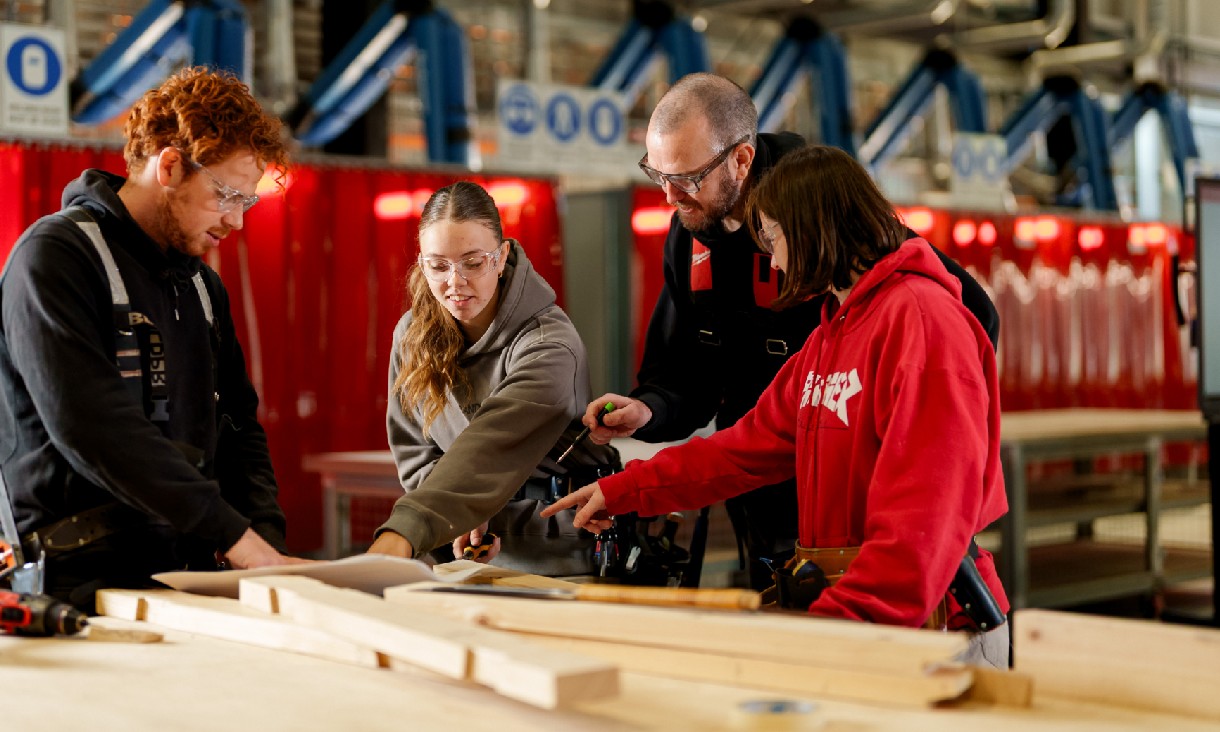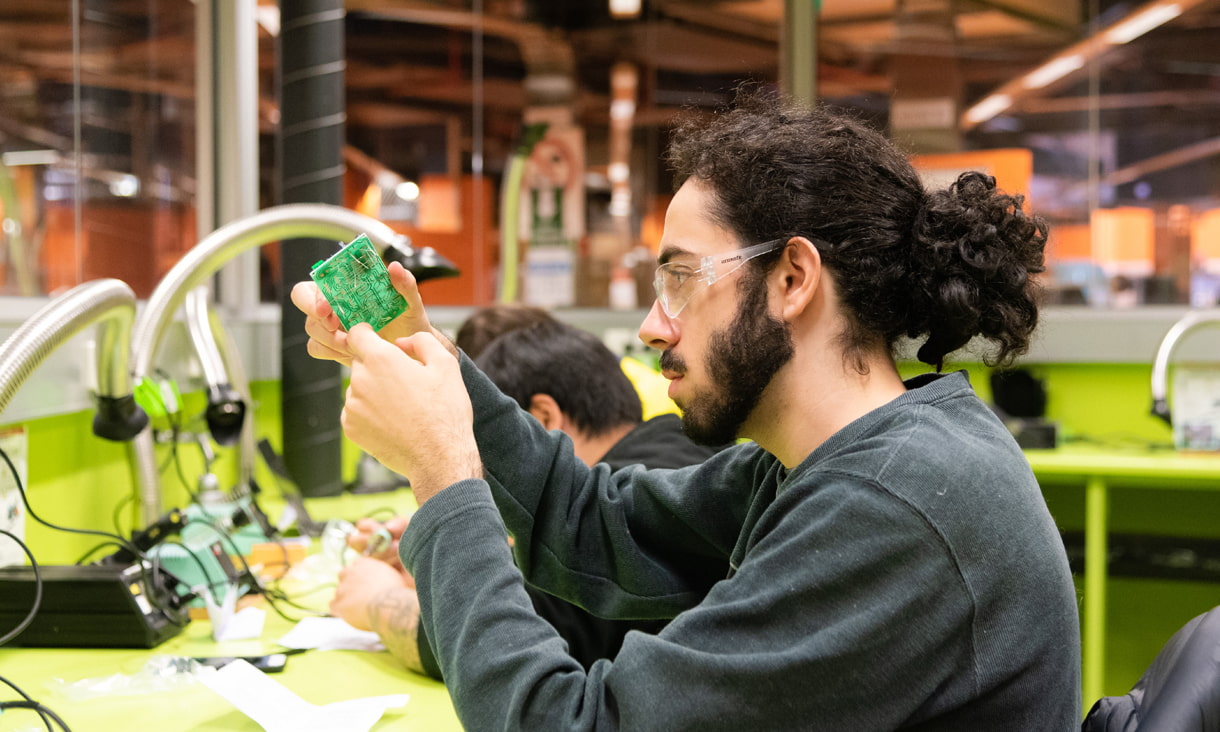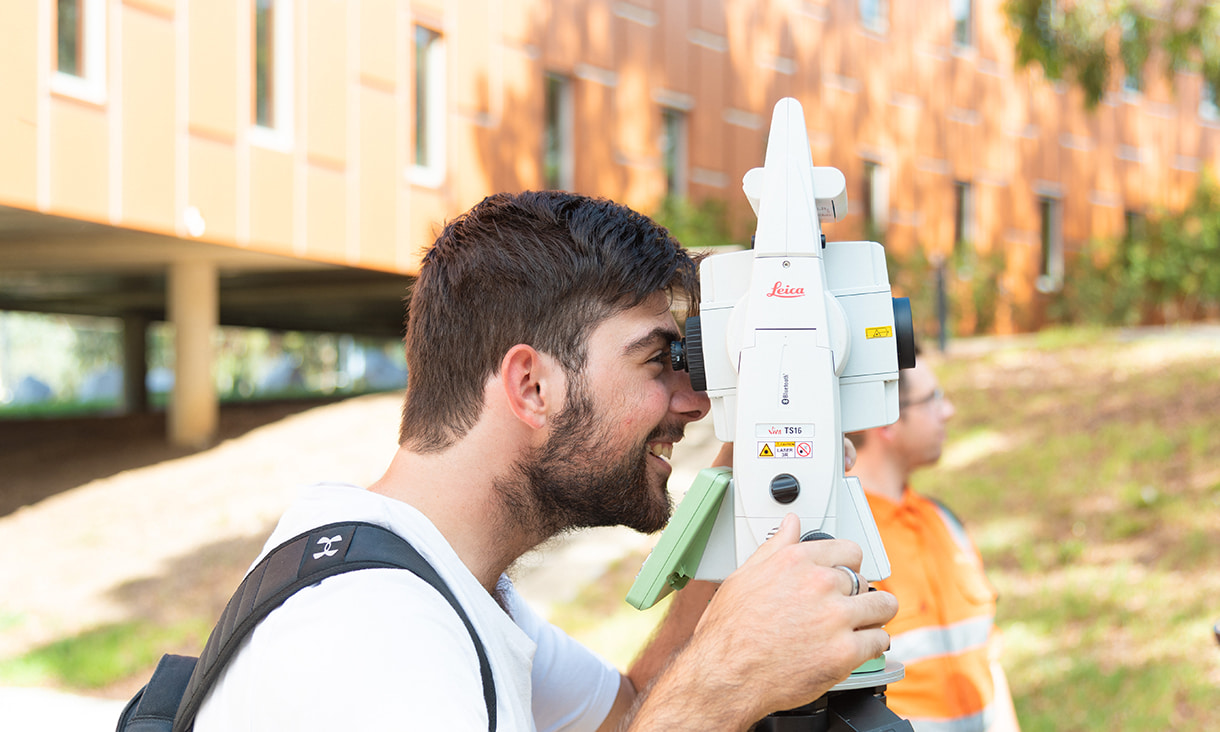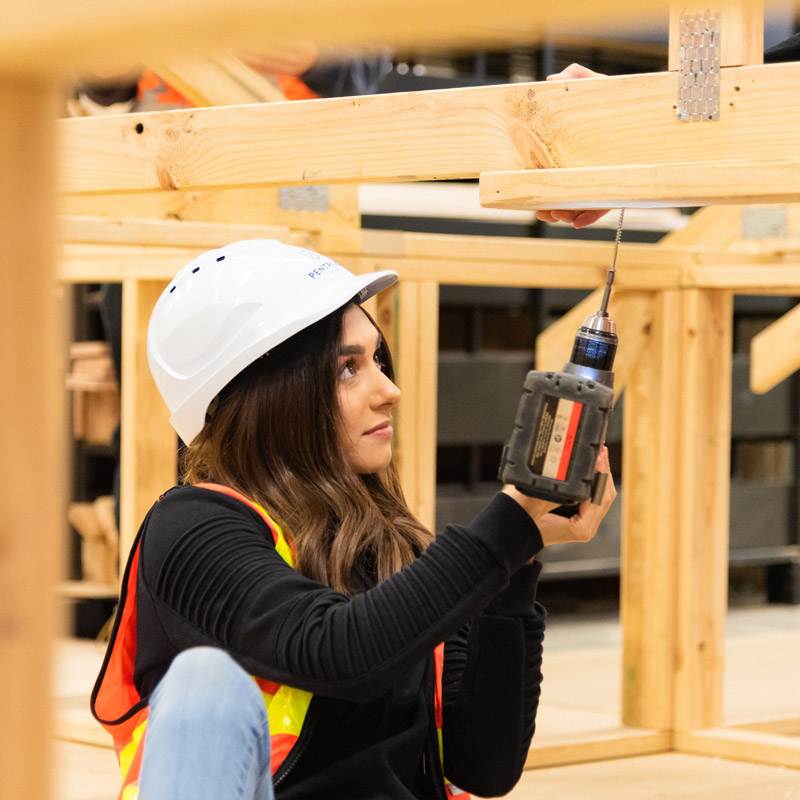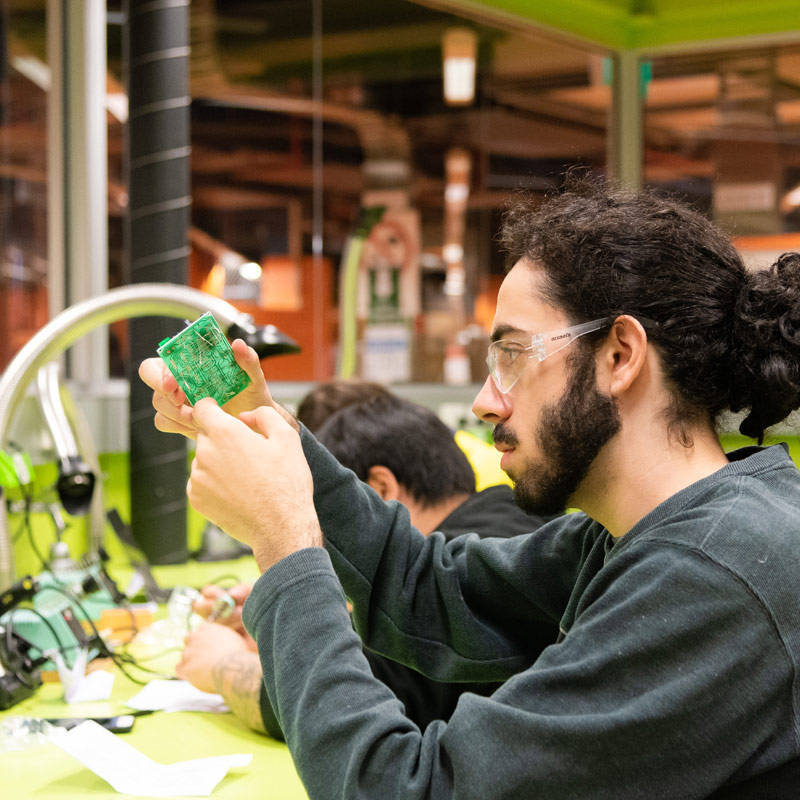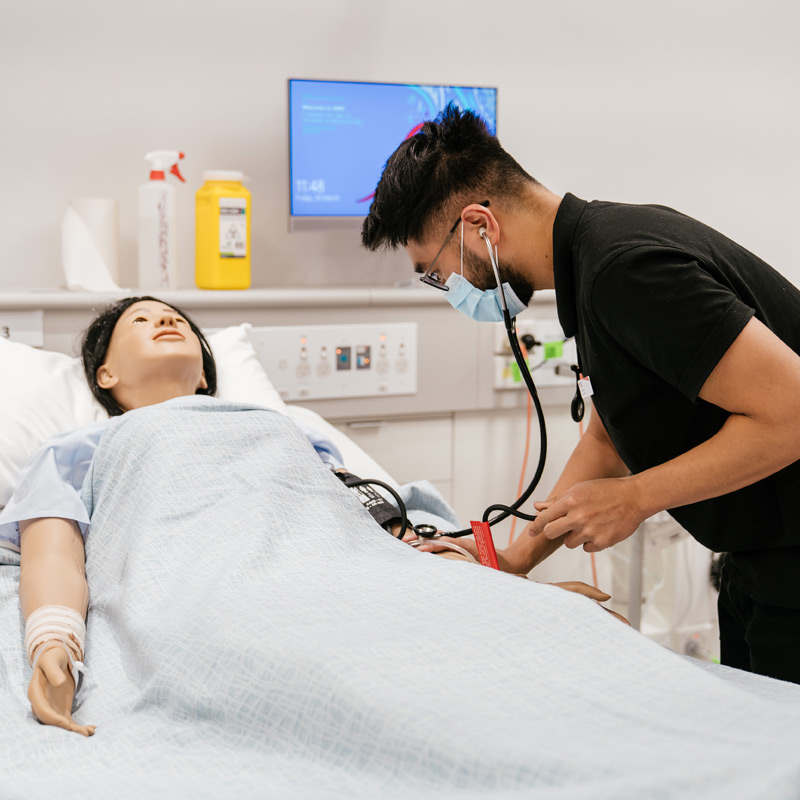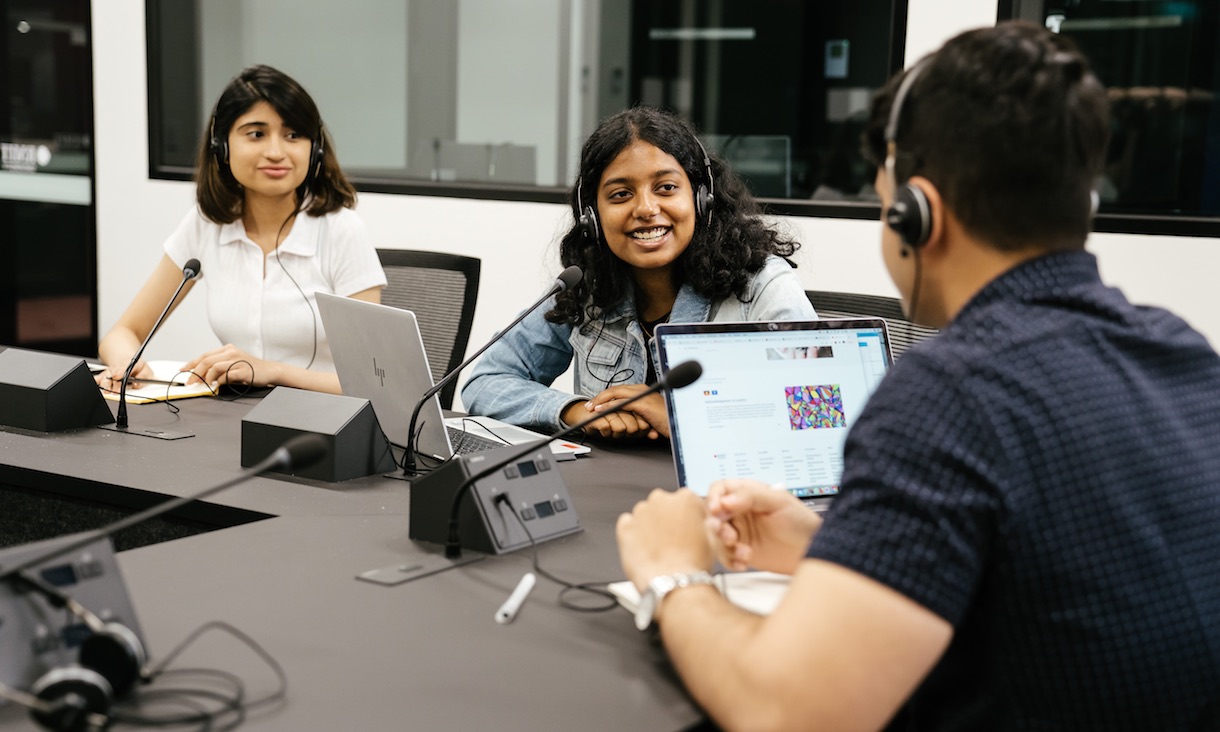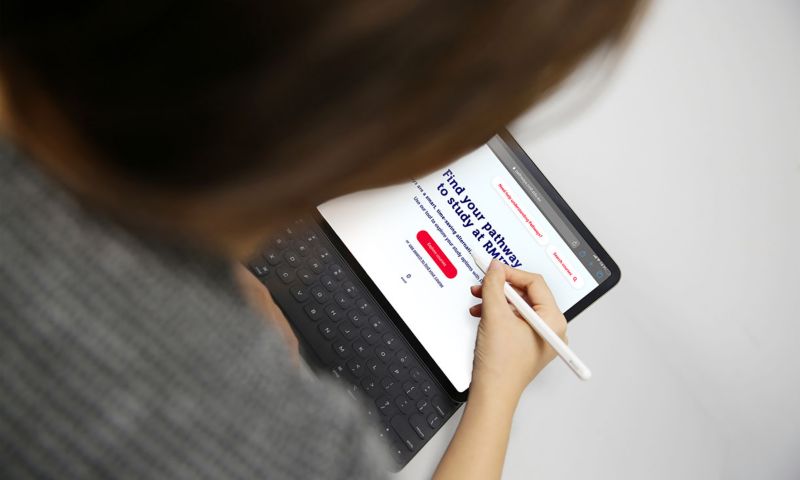Apprenticeships and traineeships
Apprenticeships and traineeships combine training and employment, normally over three to four years. Learn on the job and earn money while studying.
Certificates
Start gaining practical knowledge in your field and pick up job-specific skills with these technical qualifications.
Diplomas and advanced diplomas
Get the specialised knowledge you need to work in skilled or paraprofessional areas. These programs normally take one to two years of full-time study.


